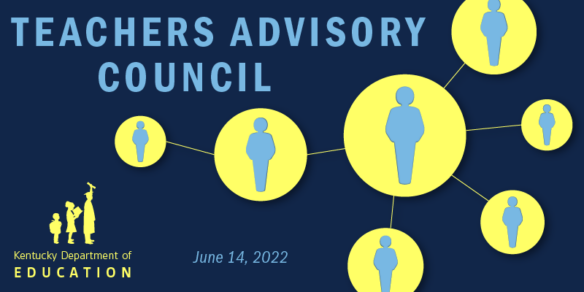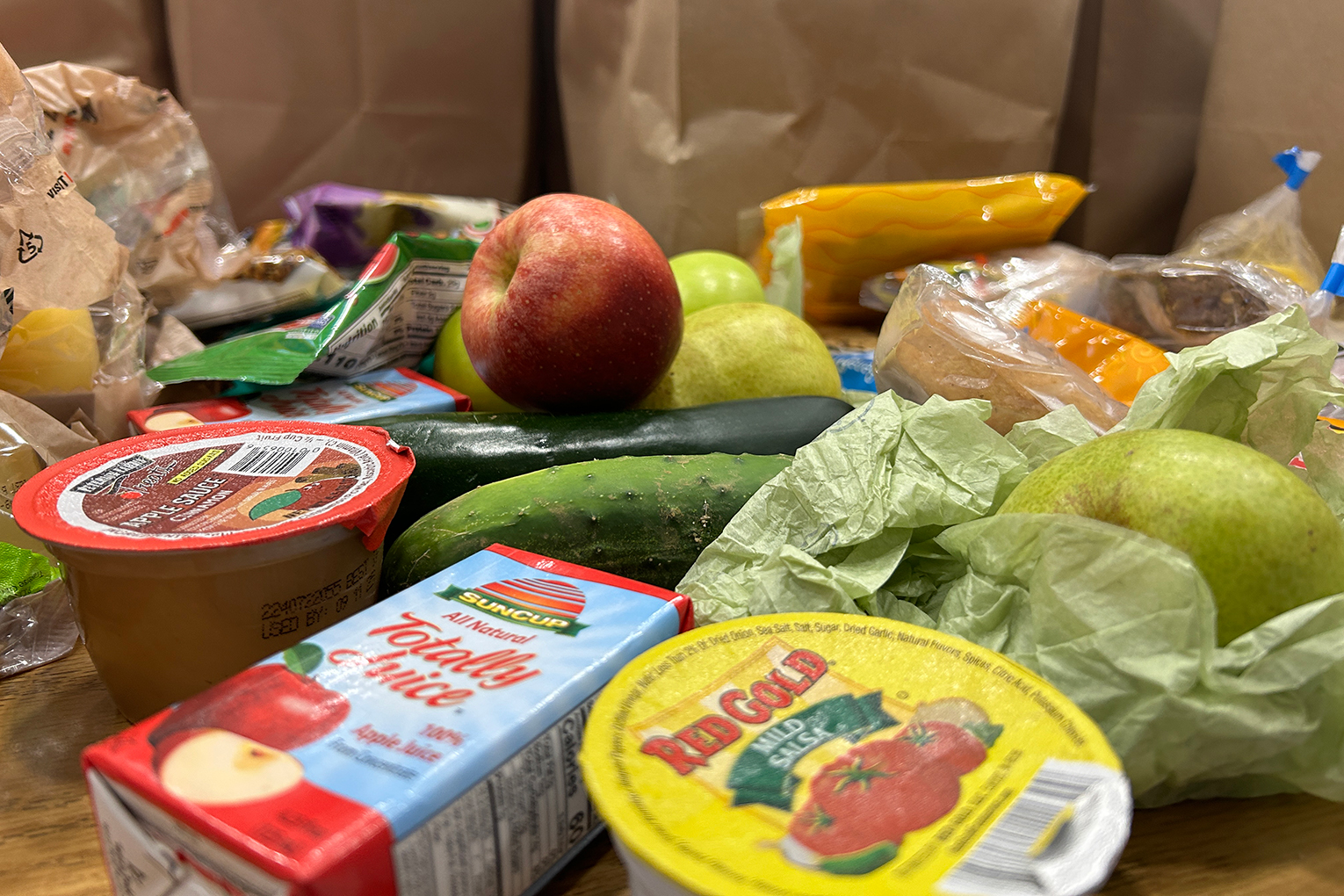 The Commissioner’s Teachers Advisory Council (TAC) met June 14 to hear from the Kentucky Department of Education (KDE) about guidance for Senate Bill 1 (SB 1), which includes changes that affect school-based decision making (SBDM) councils and Kentucky Academic Standards (KAS) for Social Studies.
The Commissioner’s Teachers Advisory Council (TAC) met June 14 to hear from the Kentucky Department of Education (KDE) about guidance for Senate Bill 1 (SB 1), which includes changes that affect school-based decision making (SBDM) councils and Kentucky Academic Standards (KAS) for Social Studies.
SB 1, sponsored by Sen. John Schickel, moves principal selection and curriculum decisions from school councils to the superintendent. KDE has released specific guidance on SB 1 as it pertains to changes for SBDMs.
SB 1 also includes the Teaching American Principles Act. This act requires the incorporation of 24 fundamental American documents and speeches into the grade-level appropriate middle and high school KAS for Social Studies. Provisions for instruction on current, controversial topics are also included.
In order to comply with the July 1, 2023 deadline to incorporate the documents and speeches into the social studies standards, KDE is currently accepting applications for the Social Studies Standards Review Committee (RC) and Advisory Panel (AP) members. Social studies teachers of all grade levels are invited to apply.
Applicants will be required to meet two to five times beginning in July 2022. These meetings will be conducted in person, but applicants may be asked to meet virtually on occasion. Selected team members will receive reimbursement for travel expenses. Substitute teacher expenses will be reimbursed to the teacher’s school district when applicable.
Sarah Peace, policy advisor in KDE’s Office of Teaching and Learning, said members will use their professional expertise as educators, and various roles represented, to be able to give feedback and to help design how these documents will be incorporated into the KAS for Social Studies.
Applications will be accepted through June 22. Selected team members will be notified on or before July 8. Questions on the process can be emailed to the KDE Division of Program Standards.
Further guidance on the 2022 legislative session can be found on the KDE webpage.
Teaching empathy as social-emotional learning
TAC also heard from Narrative 4 (N4) Southeast Manager Evan Barker about social-emotional learning (SEL) resources focusing on empathy. N4 is a global network of educators, students and artists who use art and storytelling to build empathy between students while equipping them to improve their communities and the world. Using its core methodology, the story exchange, N4 helps students understand that their voices, stories, actions and lives matter.
The story exchange centers on an individual working with a partner to share their story based on a guiding question and listen to their partner’s story. The pair then join a larger group and share each other’s story in first-person. The goal of the practice is to encourage developing empathy as a skill.
“You feel a great sense of empathy for your partner,” said Barker. “With that comes things like protectiveness, loyalty – you want to do their story dignity and you want them to do your story dignity.”
Barker said that classroom teachers who pursue empathy can increases student engagement in their work, create a better classroom climate and lower the emotional pitch of a space so students feel comfortable.
Several opportunities from N4 for classrooms or after-school programs are available at no-cost.
Susan Cintra, TAC chairperson, used the N4 story exchange tool in her classroom and school. She believes the SEL resource is especially important in today’s social climate.
“We have to be so hyper aware of the emotional needs of our students and teaching them how, in such a highly toxic society that we built, to navigate that and navigate their own emotions. It has to be at the top of our to-do list,” she said.
In other business, the council:
- Heard from Kentucky Education Commissioner Jason E. Glass about United We Learn updates;
- Received an update on changes to assessment and accountability in the 2022-2023 school year; and
Learned about various school safety resources for schools, parents and districts, such as bullying prevention training, suicide prevention training, assistance with children experiencing bullying, guidance on missing children in Kentucky and Safe Schools data collection in schools. The resources can be found on the Safe Schools KDE webpage.




Leave A Comment